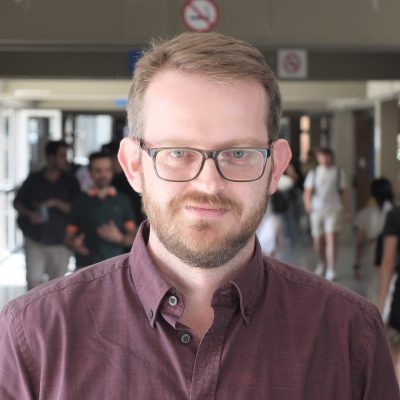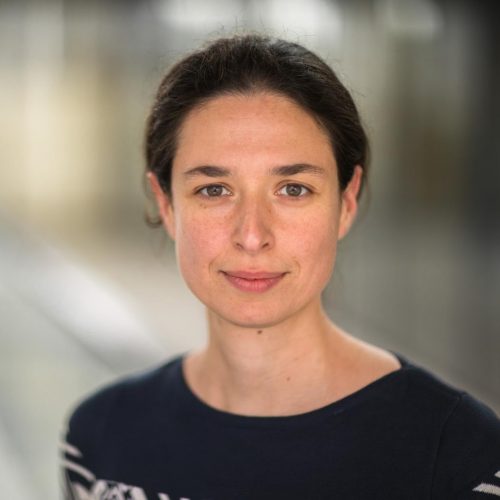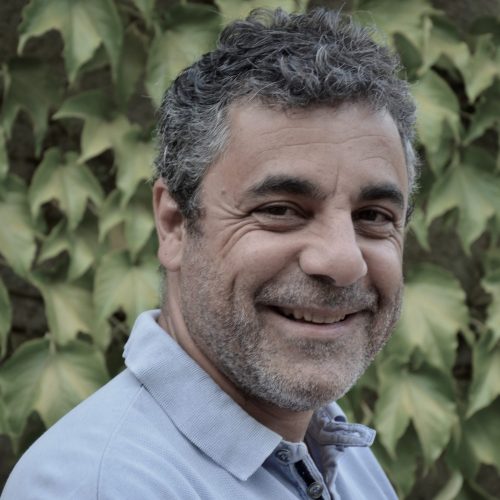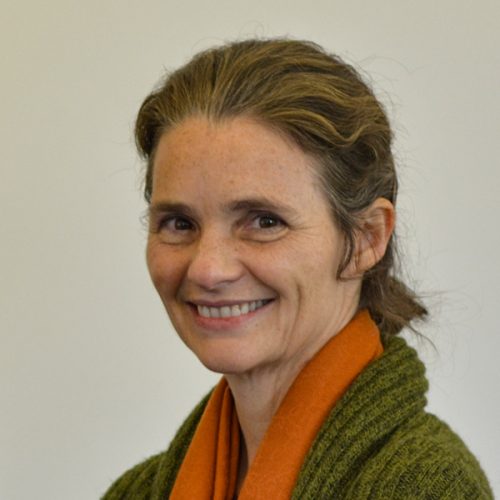Summer School 2024
Nicolai Suppa is a Serra Húnter Lecturer in economics at the University of Barcelona. He is also research associate with the Oxford Poverty and Human Development Initiative (OPHI) at Oxford University. His research currently focuses on measurement analysis of multidimensional poverty, but he is also interested in research on the capability approach and subjective well-being. In his work with OPHI, he is currently co-leading the estimation of the global Multidimensional Poverty Index (MPI).
Natalie Naïri Quinn is Departmental Lecturer in the Department of Economics and Fellow and Tutor in Economics Lady Margaret Hall, both in the Oxford University. Her research interests lie in the intersection of welfare economics and development economics, with a focus on measurement of socioeconomic outcomes including poverty and empowerment.
Iñaki Permanyer is an ICREA Research Professor working at the Center for Demographic Studies (CED) at the Autonomous University of Barcelona. His research interests include inequality, polarization and poverty measurement, human development, gender inequality and social indicators. Currently he is working on Healthy lifespan inequality: Measurement, trends and determinants, a research project funded by the European Research Council (2020-2025).
Iñaki will give a guest lecture on “Inequality in non-monetary dimensions of wellbeing”
Xavier Ramos is Professor of Economics and Vice-Rector of Economy at Autonomous University of Barcelona. He is also a research fellow of IZA and founding member of EQUALITAS (Economics of Inequality and Poverty Analysis). His research focuses on economic inequality and poverty. He is currently working on equality of opportunity, intergenerational mobility, and public policy evaluation.
Xavier will give a guest lecture on “Inequality of Opportunity”.
Jordi Teixidó is an Assistant Professor in economics at University of Barcelona. His research interests lie at the intersection between climate policy, inequality economics and environmental economics.
Jordi will give a guest lecture on “Inequality and climate change”.
Sabina Alkire is Professor of Poverty and Human Development at Oxford University and director of the Oxford Poverty and Human Development Initiative (OPHI). Her research interests include measurement and analysis of multidimensional poverty, welfare economics, the capability approach, the measurement of freedoms and human development. Together with Professor James Foster, she developed the Alkire-Foster (AF) method for measuring multidimensional poverty.
Sabina will give a virtual guest lecture on “The capability approach”.
Samuel Kofi Tetteh Baah is an Economist in the Development Data Group at The World Bank. His areas of expertise are the measurement of poverty and inequality. He is working on the updates of the global and regional poverty numbers of the World Bank. He also contributes to the publication of the Poverty and Shared Prosperity Reports.
Christian Oldiges is Senior Economic Affairs Officer at the United Nations Economic and Social Commission for West Asia (ESCWA). The responsibilities of his team at ESCWA includes the support of Member States in developing national multidimensional poverty indices (MPIs) and in designing poverty reduction strategies.
Christian Oldiges will give a virtual guest lecture on “Poverty measures in the Arab region”
Candidates to the Summer School programme at the UB School of Economics should ensure that they meet the requirements before applying to the course:
– Students should possess a solid background in Economics or related field.
– Although no language certificate is required, we expect all applicants to show full competency in English.
Deadline for registration including student scholarship application closed on April 30th, 2024.
Deadline for registration will close on June 15th, 2024.








